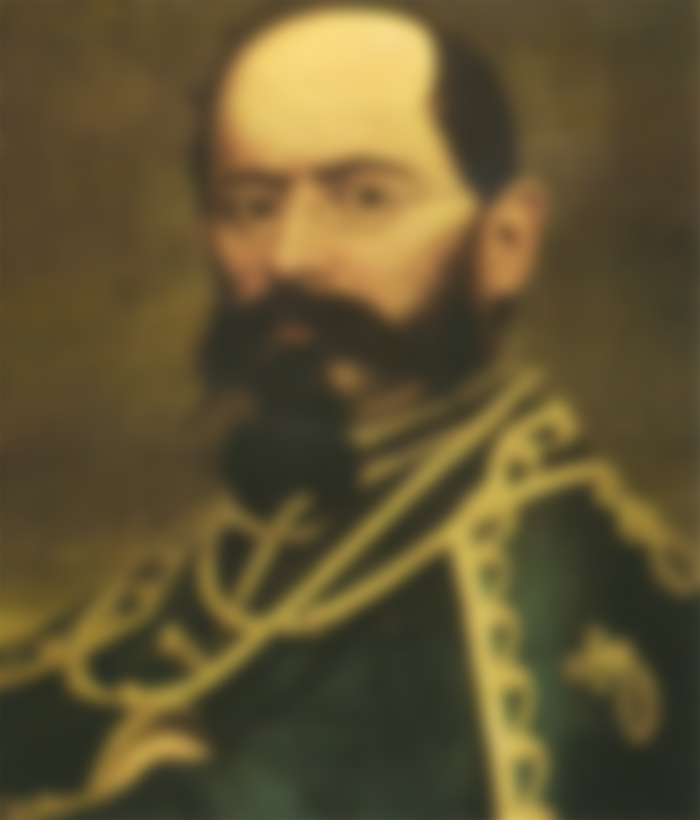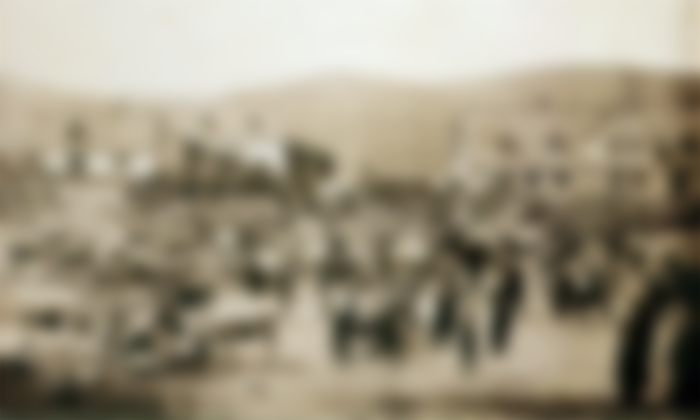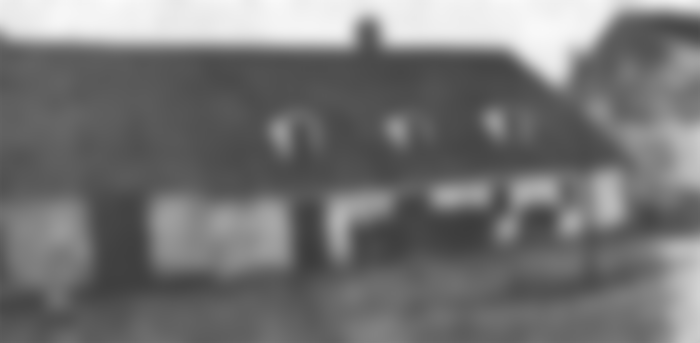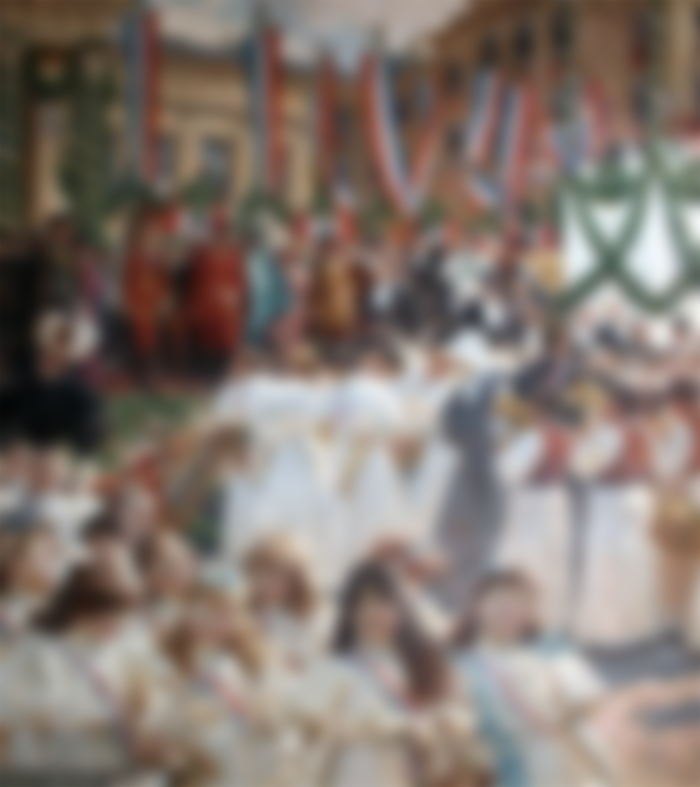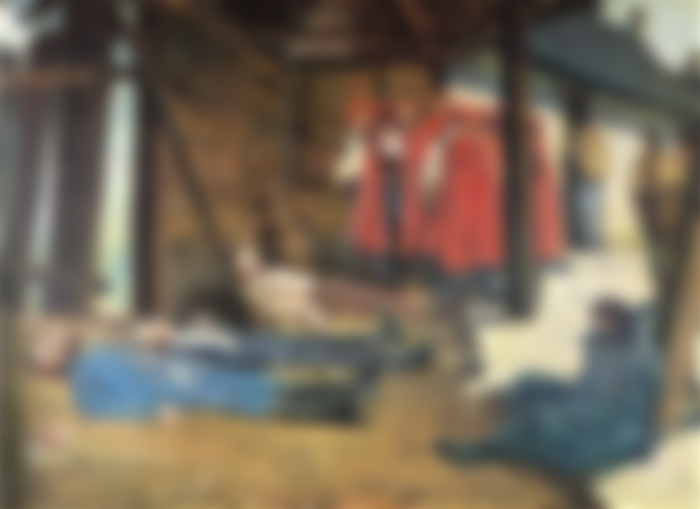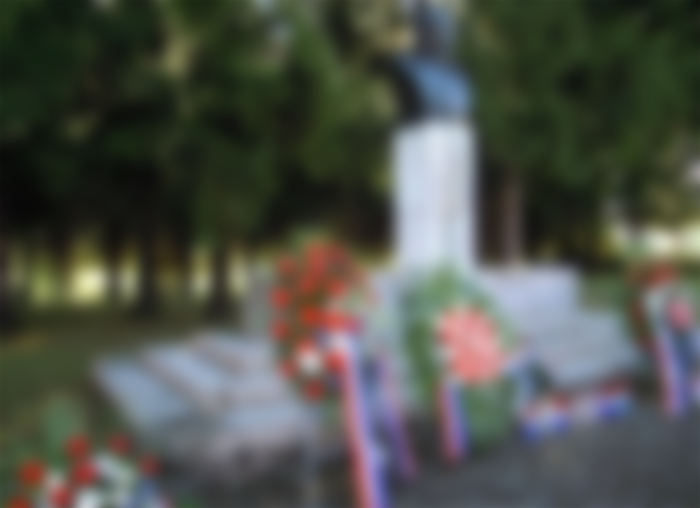The armed uprising against the Austro-Hungarian Monarchy, historically known as the Rakovica Rebellion, was led by Eugen Kvaternik on October 8, 1871.
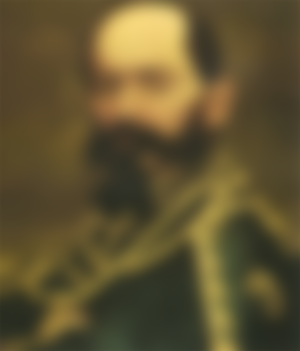
Croatian politician and revolutionary, born on October 31, 1825 in Zagreb. He studied worship in Senj and Pest, but soon switched to law and graduated in 1847. With his state law writings and parliamentary speeches, along with Ante Starčević, he laid the foundations of right-wing politics. When, after the abolition of feudalism, the bourgeoisie betrayed the people's struggle for freedom and pursued an opportunistic policy of compromise and even open service to foreign enslavers of Croatia, Kvaternik sided with Starčević and created a people's movement against Austria and Hungary and gave him ideology and militant political organization: Party rights.
He believed that Croatia could not get rid of foreign rule without the help of some foreign countries, so he stayed in Russia, France and Italy to win the governments of those countries to free Croatia from foreign rule. As he failed to do so, he returned to Croatia in 1860. Due to his popularity and political views, he was expelled from Croatia twice more, only to return in 1867. In the end, not seeing another solution for the liberation of Croatia from foreign rule, in 1871 he raised a popular uprising in Rakovica - the Rakovica Rebellion.

This idealistic-adventurous attempt to create an independent Croatia began in the village of Brocanac and spread to Rakovica and nearby villages on the same day. The proclamation stated that the goal of the uprising was the liberation of the Croatian people "under Swabian-Hungarian rule".

In those years, dissatisfaction arose in Croatia over the conclusion of the Croatian-Hungarian settlement in 1868, and a part of the Party of Rights gathered around the idea of rebellion against Vienna and Budapest and the banning of the unionist Levin Rauch. The main proponent of this idea was the lawyer and politician Eugene Kvaternik, who initially counted on the help of the Russian and French Empires and the Kingdom of Sardinia (Piedmont), and when that failed, he decided to rely on domestic forces from the Military Border. Namely, it was at that time that the process of its development and accession to Croatia began, which led to the dissatisfaction of the Krajina people, who were, rightly, afraid that they would lose their privileges. Kvaternik was recalculated here because the Krajina peasants were wary of the Hungarians, not Austria. Also, the people there were mostly of the Orthodox faith, most of whom considered themselves Serbs, and Kvaternik in his texts and speeches openly denied Serbism, teaching that all Orthodox in our countries except the principality of Serbia are Eastern or Orthodox Croats and that there are no Serbs in Croatian lands.

Wanting not to compromise his Party of Rights and party president Ante Starčević in case of failure, Kvaternik in the last phase of preparations took everything at his own risk, limiting the number of conspirators to a narrow circle of Ante Rakijaš, Vjekoslav Bach, Petar Vrdoljak, brothers Ćuići from Broćanec and Ante Turkalj. On the evening of October 7, 1871, all the conspirators gathered in the village of Ćuić brdo near Rakovica and on the same day formed the Provisional Croatian People's Government headed by Kvaternik. The following ministers have also been appointed: Petar Vrdoljak for interior, Ante Rakijaš for war and Vjekoslav Bach for finance. Rade Ćuić was appointed commander-in-chief of the insurgent army, and Ante Turkalj was appointed Grand Prefect of Ogulin.

The next day, Kvaternik marched towards Rakovica with 200 armed border guards and a developed Croatian flag, and a dozen surrounding villages immediately joined the uprising. The proclamation at the time provided for equality before the law, complete municipal self-government, the abolition of military administration in Krajina and the introduction of free counties, and that priests of both denominations "have the people to teach in love and harmony." On October 10, the insurgents, now over 2,000, entered Plaška without encountering any resistance or expected support. On the same day, the authorities reacted by sending an Ogulin regiment to the insurgent area. Upon the news of the arrival of the army, most of the insurgents fled, and Kvaternik with about 400 remaining insurgents retreated to Ljupča mountain. On the morning of October 11, they decided to retreat to Bosnia, but on the way they encountered an ambush by the imperial army. There was a shooting in which Kvaternik, Bach, Rakijaš, most of the rebel Krajina people and one of the Čuić brothers were killed, while the other Čuić brother, Rade, managed to escape, first to Bosnia and then to Serbia. As soon as the uprising was liquidated, the authorities started the action of capturing other insurgents, most of whom were shot.

Although the leadership of the Party of Rights did not participate in or be informed about the uprising, Ante Starčević and other party leaders were arrested, and the party was excluded from Croatian political life until 1878.
